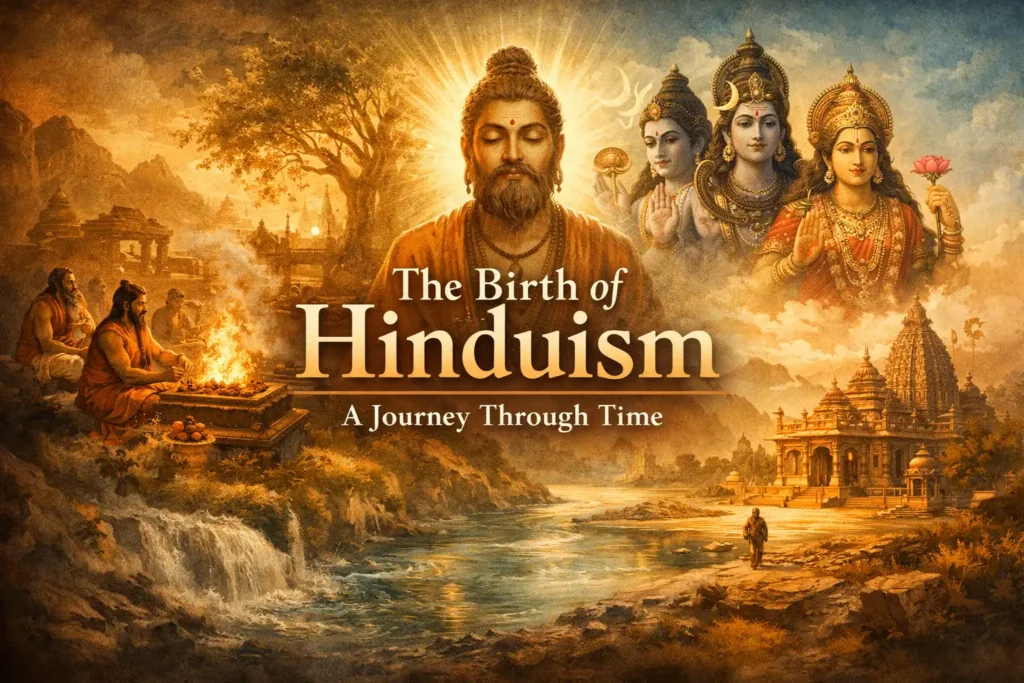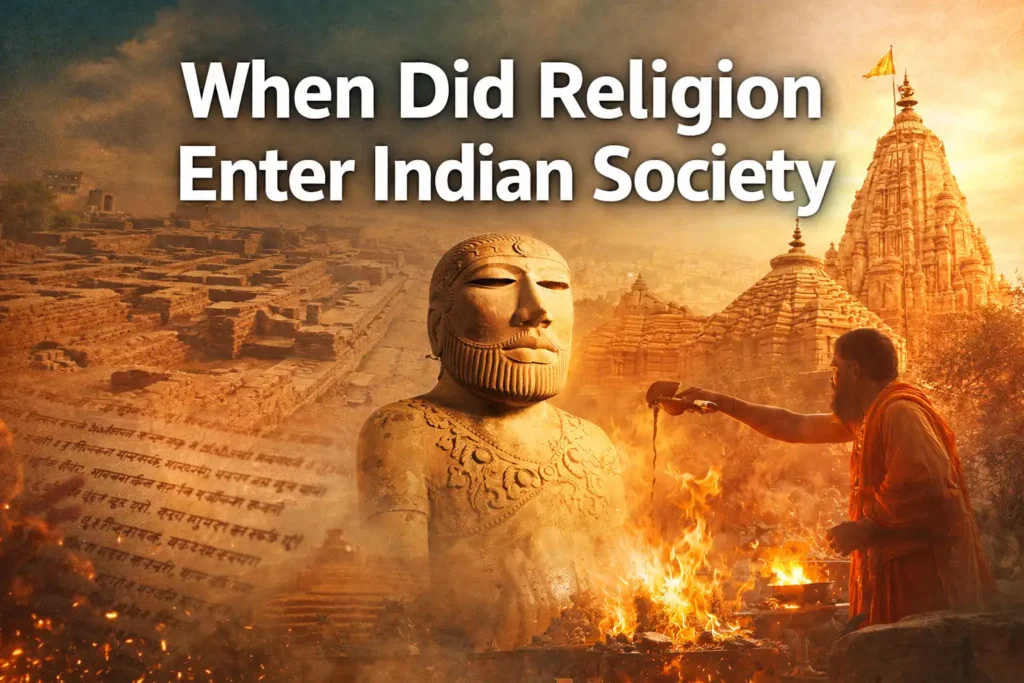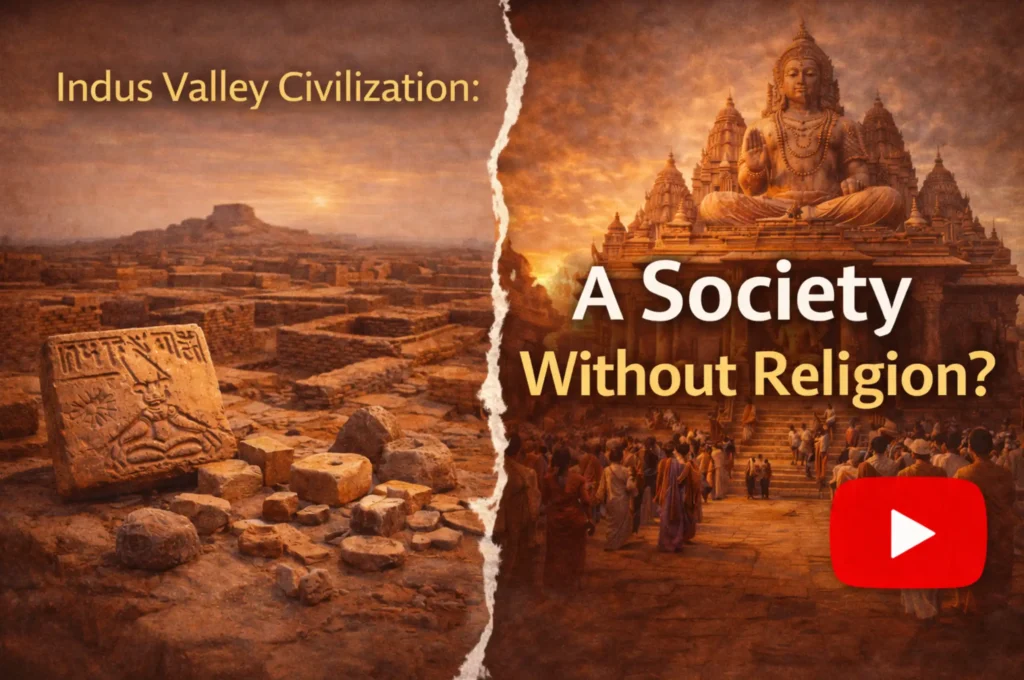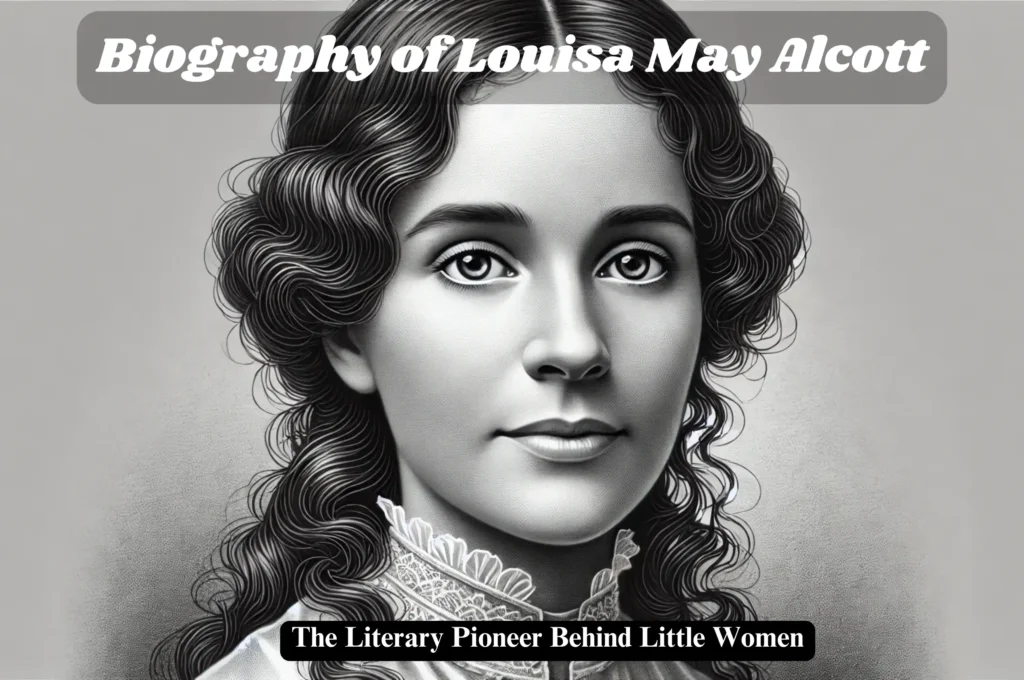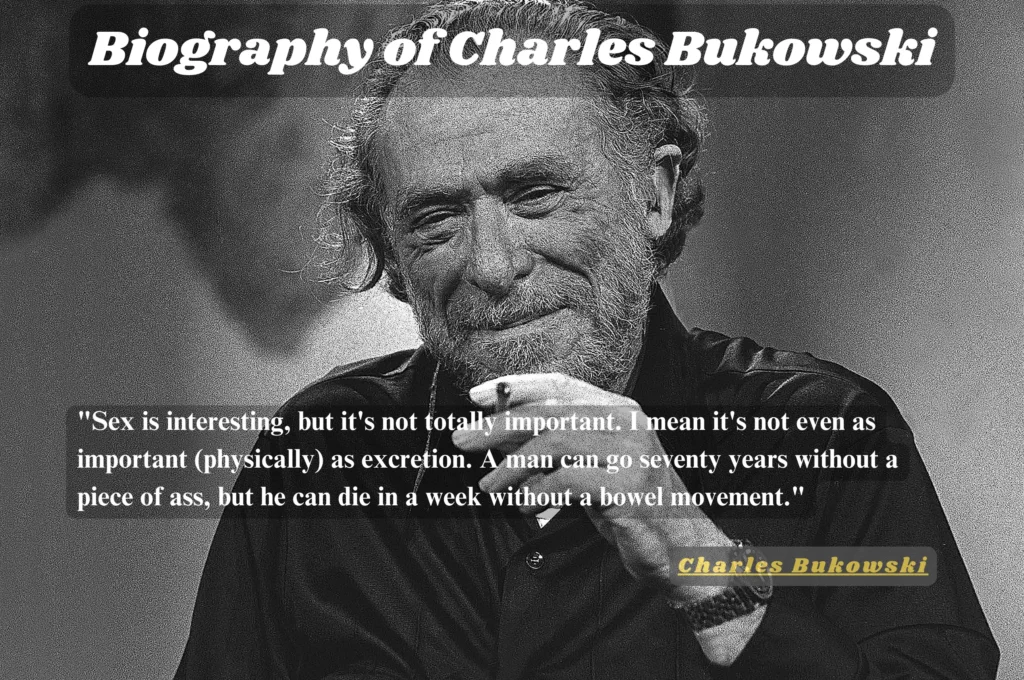What Are The Different Types of History? Explore the different types of history, including political history, social history, economic history, and cultural history. Gain insights into the motivations and actions of political leaders, the everyday lives of ordinary people, the development of economic systems, and the ideas and cultural practices of different societies. Discover how studying these different types of history can provide a comprehensive understanding of the complexities of human experience and the factors that have shaped our world.
Explore More: Educational Quizzes, English Learning
Topics Covered: What Are The Different Types of History?, Different Types of History, What is Political History?, What is Social History? What is Economic History?, What is Economic History?, What is Cultural History?, What is Intellectual History?
Table of Contents
What Are The Different Types of History?
History is a fascinating subject that allows us to explore and understand the past. It helps us make sense of the present and shape the future. But did you know that history can be divided into different types? Each type focuses on a specific aspect of human experience, shedding light on different aspects of our collective past. In this blog post, we will explore some of the different types of history and what makes them unique.
One type of history is political history, which examines the development and impact of political systems, institutions, and leaders. This type of history delves into the rise and fall of empires, the formation of governments, and the struggles for power throughout the ages. Political history provides insights into the motivations and actions of individuals and groups who have shaped the course of nations and influenced the lives of countless people.
Another type of history is social history, which focuses on the everyday lives of ordinary people. It explores the customs, traditions, and social structures that have shaped societies throughout history. Social history examines the experiences of different social classes, genders, and ethnic groups, providing a more comprehensive understanding of the diverse perspectives and lived realities of people from various backgrounds.
Economic history is yet another type of history that analyzes the development and impact of economic systems, trade, and commerce. It explores the rise and fall of industries, the evolution of markets, and the patterns of wealth and poverty throughout history. Economic history helps us understand the factors that have shaped economies and societies, from agricultural revolutions to industrialization and globalization.
Cultural history is a type of history that focuses on the ideas, beliefs, values, and cultural practices of different societies. It examines the arts, literature, music, religion, and intellectual movements that have shaped civilizations and influenced the way people think and live. Cultural history provides insights into the shared experiences and cultural identities of communities, highlighting the ways in which culture shapes and is shaped by historical events.
Finally, there is military history, which examines the strategies, tactics, and outcomes of wars and conflicts. This type of history explores the causes and consequences of armed conflicts, the technological advancements in warfare, and the impact of military actions on societies and individuals. Military history helps us understand the complexities of warfare and its far-reaching effects on the course of history.
These are just a few examples of the different types of history that exist. Each type offers a unique perspective and contributes to our understanding of the past. By studying these different types of history, we can gain a more comprehensive and nuanced understanding of the complexities of human experience and the factors that have shaped our world.
What is Political History?
Political history is perhaps the most well-known and widely studied type of history. It focuses on the actions, policies, and decisions of political leaders and governments throughout time. This type of history allows us to understand how power is acquired, wielded, and sometimes abused. It explores the rise and fall of empires, the formation of nations, and the struggles for political rights and freedoms.
Political history often delves into the intricacies of diplomacy, warfare, and governance. It examines the motivations and strategies of leaders, the impact of their decisions on society, and the consequences of political events. By studying political history, we can gain insights into the challenges and complexities of governing and the ways in which political systems have evolved over time.
One of the key aspects of political history is the examination of political ideologies and their influence on societies. Throughout history, various ideologies such as liberalism, conservatism, socialism, and fascism have shaped the political landscape and influenced the policies and actions of governments. Understanding these ideologies and their historical context allows us to analyze how they have shaped societies and impacted the lives of individuals.
Moreover, political history also encompasses the study of revolutions and political movements. These movements have often been catalysts for significant social and political change, challenging existing power structures and advocating for the rights and interests of marginalized groups. From the French Revolution to the Civil Rights Movement, these events have shaped the course of history and continue to have lasting effects on societies today.
In addition to examining the actions of political leaders and the impact of political ideologies, political history also explores the role of institutions in shaping political systems. Institutions such as parliaments, courts, and bureaucracies play a crucial role in governing societies and ensuring the functioning of political systems. By studying the development and evolution of these institutions, we can gain a deeper understanding of how political power is organized and exercised.
Overall, political history is a rich and complex field of study that allows us to analyze the dynamics of power, the impact of political decisions, and the evolution of political systems. By examining the actions of political leaders, the influence of ideologies, the role of revolutions and movements, and the functioning of institutions, we can gain a comprehensive understanding of the forces that have shaped societies throughout history.
What is Social History?
Social history focuses on the everyday lives of ordinary people and the social structures and dynamics that shape their experiences. It explores the customs, traditions, and norms of different societies throughout history, providing a glimpse into the lives of individuals and communities. This type of history examines topics such as family life, gender roles, class divisions, and cultural practices.
By studying social history, we can gain a deeper understanding of how people lived, worked, and interacted with one another in the past. It allows us to explore the experiences of marginalized groups, such as women, minorities, and the working class, whose stories are often overlooked in traditional historical narratives. Social history helps us recognize the diversity of human experiences and the ways in which societies have changed over time.
One aspect of social history that is particularly fascinating is the examination of family life. Family structures and dynamics have evolved significantly throughout history, reflecting changes in societal norms and values. In ancient civilizations, for example, the family unit often extended beyond the nuclear family to include multiple generations living together. This had a profound impact on the roles and responsibilities of family members, as well as the distribution of power and resources within the household.
Gender roles and expectations have also varied greatly across different societies and time periods. In some cultures, women were confined to domestic roles and had limited opportunities for education or employment outside the home. In others, women held positions of power and influence, playing crucial roles in politics, religion, and the economy. By examining these gender dynamics, social historians can shed light on the experiences of women throughout history and challenge traditional narratives that have often marginalized their contributions.
Class divisions and social hierarchies are another important aspect of social history. Throughout history, societies have been structured in ways that have created significant disparities in wealth, power, and privilege. By studying social history, we can gain insight into the lives of both the elite and the working class, understanding the ways in which their experiences differed and how social mobility was either facilitated or restricted.
Cultural practices and traditions are also explored in social history. From religious rituals to artistic expressions, these practices provide a window into the values, beliefs, and aspirations of different societies. By examining cultural practices, social historians can uncover the ways in which communities have expressed their identities and sought meaning in their lives.
In conclusion, social history offers a rich and nuanced understanding of the past by focusing on the everyday lives of ordinary people. By exploring topics such as family life, gender roles, class divisions, and cultural practices, social historians can provide valuable insights into the diversity of human experiences and the ways in which societies have evolved over time.
What is Economic History?
Economic history focuses on the study of economic systems, activities, and trends throughout history. It examines how societies have produced, distributed, and consumed goods and services, and how economic factors have influenced social and political developments. This type of history explores topics such as trade, commerce, industrialization, and economic inequality.
By studying economic history, we can gain insights into the factors that have shaped the economic landscape of different societies. It allows us to understand the impact of technological advancements, economic policies, and market forces on the lives of individuals and communities. Economic history helps us recognize the patterns and trends that have shaped our modern economic systems and provides valuable lessons for the future.
One of the key aspects of economic history is the study of trade. Throughout history, trade has been a driving force behind the growth and development of civilizations. From the ancient Silk Road that connected East and West to the modern global trade networks, the exchange of goods and services has played a crucial role in shaping economies and fostering cultural exchange.
Industrialization is another important area of study in economic history. The transition from agrarian societies to industrialized economies has had a profound impact on the structure of societies and the standard of living. The Industrial Revolution, which began in the 18th century, marked a significant shift in production methods and led to the rise of factories, urbanization, and mass production.
Furthermore, economic history sheds light on the issue of economic inequality. Throughout different periods in history, societies have grappled with varying levels of income disparity. By examining the causes and consequences of economic inequality, we can gain a deeper understanding of the social and political dynamics that have shaped societies and influenced policy decisions.
In conclusion, economic history provides us with a comprehensive understanding of how economies have evolved over time and the factors that have influenced their development. By studying trade, industrialization, and economic inequality, we can gain valuable insights into the patterns and trends that have shaped our modern economic systems. This knowledge not only allows us to make sense of the past but also provides us with valuable lessons for the future as we navigate the complexities of a rapidly changing global economy.
What is Cultural History?
Cultural history is a fascinating field of study that delves into the intricate tapestry of human creativity and expression. It allows us to gain insights into the ways in which people have expressed themselves, sought meaning, and made sense of the world around them throughout history. By examining cultural practices, beliefs, and ideas, we can understand the values, beliefs, and aspirations of different societies and how they have evolved over time.
One of the key aspects of cultural history is its exploration of various forms of art. From ancient cave paintings to modern-day masterpieces, art provides a window into the cultural values and aesthetic sensibilities of different societies. By analyzing artistic styles, themes, and techniques, cultural historians can uncover the underlying messages and societal contexts behind these works of art.
Literature is another crucial area of cultural history. Through the study of literary works, we can gain a deeper understanding of the thoughts, emotions, and experiences of individuals from different time periods and cultures. From ancient epics like the Iliad and the Odyssey to contemporary novels, literature reflects the social, political, and philosophical ideas of its time, offering valuable insights into the human condition.
Religion and philosophy also play significant roles in cultural history. By examining religious beliefs, rituals, and practices, we can comprehend the spiritual and moral frameworks that have guided societies throughout history. Philosophy, on the other hand, explores the fundamental questions about existence, knowledge, and ethics, providing insight into the intellectual movements and debates of different periods.
When studying cultural history, it is crucial to recognize the interconnectedness between culture and society. Cultural practices and ideas are not isolated entities; they are shaped by and, in turn, shape the societies in which they emerge. For example, the Renaissance period in Europe was marked by a flourishing of art, literature, and scientific inquiry, reflecting a broader cultural shift towards humanism and a renewed interest in the individual. Similarly, the Beat Generation of the 1950s and 1960s in the United States was characterized by a rejection of mainstream societal norms and an embrace of countercultural values, which found expression in literature, music, and other forms of artistic expression.
By studying cultural history, we gain a deeper appreciation for the diversity of human cultures and the ways in which they have influenced and been influenced by historical events. It helps us recognize that culture is not static but rather a dynamic force that evolves and adapts over time. Cultural history also highlights the universality of human experiences, as we find common threads of creativity, expression, and the search for meaning across different societies and time periods.
In conclusion, cultural history offers a valuable lens through which we can explore and understand the richness of human creativity, expression, and belief systems. By examining art, literature, religion, philosophy, and intellectual movements, we gain a deeper understanding of the values, aspirations, and complexities of different societies throughout history. Cultural history provides us with a broader perspective on our shared humanity and helps us appreciate the diverse ways in which people have made sense of the world and expressed themselves over time.
Topics Covered: What Are The Different Types of History?, Different Types of History, What is Political History?, What is Social History? What is Economic History?, What is Economic History?, What is Cultural History?, What is Intellectual History?
What is Intellectual History?
Intellectual history focuses on the study of ideas, theories, and intellectual movements throughout history. It explores the development of knowledge, the evolution of scientific and philosophical thought, and the ways in which ideas have shaped society. This type of history examines the works of thinkers, philosophers, and scientists, and their impact on the intellectual landscape.
By studying intellectual history, we can gain insights into the ways in which ideas have influenced social, political, and cultural developments. It allows us to trace the origins and evolution of key concepts and theories, and understand their significance in different historical contexts. Intellectual history helps us recognize the power of ideas to shape our understanding of the world and the ways in which they continue to influence our thinking today.
One of the key aspects of intellectual history is the examination of the intellectual climate of a particular time period. This involves analyzing the prevailing ideas, debates, and intellectual movements that were influential during that time. For example, during the Enlightenment period in the 18th century, there was a shift towards reason, rationality, and individualism. Thinkers such as John Locke, Voltaire, and Immanuel Kant played significant roles in shaping the intellectual landscape of this era.
Intellectual history also involves studying the intellectual biographies of influential figures. This includes examining their writings, correspondence, and interactions with other intellectuals. By delving into the personal and intellectual lives of these individuals, we can gain a deeper understanding of their ideas and the context in which they emerged.
Furthermore, intellectual history explores the transmission and dissemination of ideas across different cultures and regions. It examines how ideas travel and are adapted in different contexts, leading to the formation of intellectual networks and communities. For instance, the exchange of ideas between Europe and the Islamic world during the Middle Ages played a crucial role in the development of scientific and philosophical thought in both regions.
Moreover, intellectual history is not limited to the study of well-known philosophers and scientists. It also encompasses the ideas and contributions of marginalized groups, including women, minorities, and non-Western thinkers. By examining the intellectual history of these groups, we can challenge traditional narratives and broaden our understanding of the diversity of human thought.
In conclusion, intellectual history is a multidisciplinary field that examines the development of ideas, theories, and intellectual movements throughout history. By studying intellectual history, we can gain insights into the ways in which ideas have shaped society and influenced social, political, and cultural developments. It allows us to trace the origins and evolution of key concepts and theories and understand their significance in different historical contexts. Intellectual history helps us recognize the power of ideas to shape our understanding of the world and the ways in which they continue to influence our thinking today.
Topics Covered: What Are The Different Types of History?, Different Types of History, What is Political History?, What is Social History? What is Economic History?, What is Economic History?, What is Cultural History?, What is Intellectual History?


